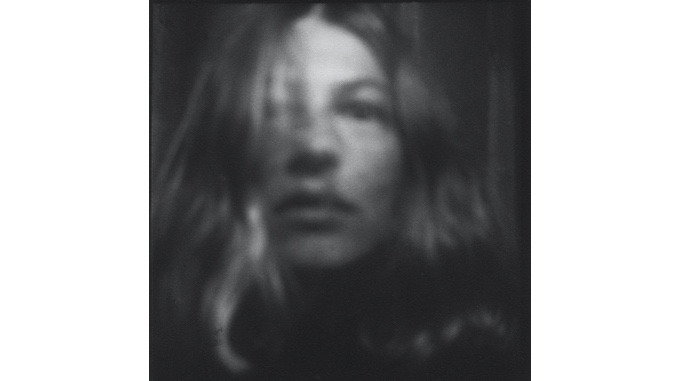Indigo Sparke Indulges in Pop-Laced Intensity on Hysteria

Love gets compared to bodies of water over and over again. There are plenty of high-school-English-class ways you could interpret this symbolism, but one thing’s for sure: The ocean of love is infinitely vast, taking many forms, and Indigo Sparke knows this well. On her latest album, Hysteria, released via Sacred Bones and produced by Aaron Dessner of The National, nowhere is this titular emotion portrayed more accurately than in the constant comparison to the waves of passion and love. Throughout the whole album, she chokes on and rejoices with this sea, the lyrics being her clearest expression. The music holds a beautiful portrait of midnight tension portrayed in soft, intense pop-folk.
Sparke uses her lyrics like incantations, drawing the listener into meditative, trance-like states. She chooses phrases with purpose, repeating the same words over and over, drawing new meaning out of the syllables and sinking them into the listener’s brain. In the distance, we see the wave of passion drawing ever closer, threatening to upset the equilibrium, comfort and, at times, stagnation found in this repetitive meditation. Just like water, it ends up finding us in so many different forms. In “Pluto,” it is deliciously intentional, with Sparke singing, “Let the smoke go / Let the love lead / Let the waves come crashing down / Until you find me.” At other times, the wave is the repetition of the past itself, as in “Real” when she sings, “Hold me down / I wanna feel / Break the wave / I wanna heal.” And in the end, it becomes her all-encompassing reality, with the words, “In the spirit of the tide we cry / In the spirit of the tide we hide,” on “Hold On.”
The album becomes its own universe, a blurry and intense one that Sparke is reluctant to leave. It almost feels like it was recorded to be played over the course of one night, with “Blue” serving as your introduction to the evening, and “Burn” putting you to an uneasy sleep as the sun rises. Through the words and desperate tone of “Time Gets Eaten,” with lyrics like, “Oh death / Oh hold / My rage / Oh come / And feel / Insane / Time gets eaten / But love is still alive,” she seems to ask to be released from the overwhelm of this romance, but at the same time want to stay in its throes. As the last lyrics of the album—“Please don’t wake me up / Just tell me it’s okay to dream,” on “Burn”—echo out, we see this push and pull between reality and the intoxicating places the mind can wander. The whole album feels like indulgence, as Sparke immerses herself in different memories as if we could all live with her there forever.
But for songwriting centering so strongly on overwhelming passion as a theme, the music itself struggles to match the power of this feeling. Much of the album has a theme of repressed burning and tension searing through it, a feeling exciting and unexpected for a few songs, but whose shine is rubbed off by the end of the LP. When so many of the songs similarly feature Sparke’s impressive vocals over simple, yet pointed instrumentation, with a sense of uncertainty and irrepressible pull towards something, the constant nature of this tone makes the album’s peaks underwhelming, and wears on the listener. If you picked songs individually from the album, they would hold gravitas in their own right. But as a group, they feel over-saturated, too much of a similar thing to help the listener develop an emotional journey of their own.
-

-

-

-

-

-

-

-

-

-

-

-

-

-

-

-

-

-

-

-

-

-

-

-

-

-

-

-

-

-

-

-

-

-

-

-

-

-

-

-








































